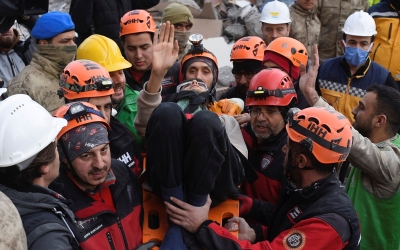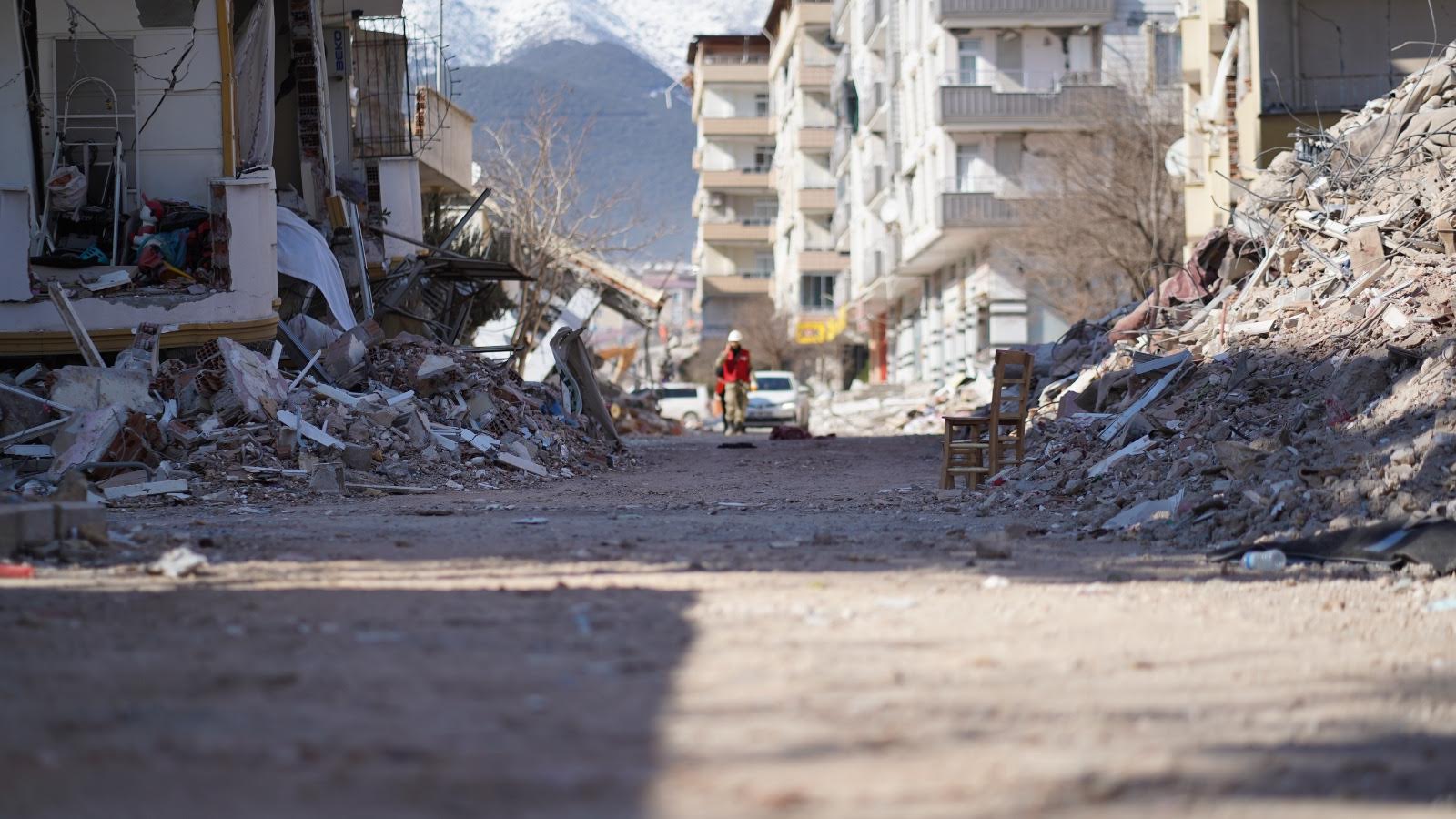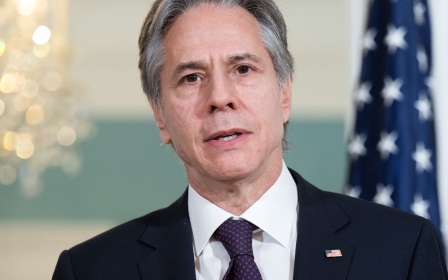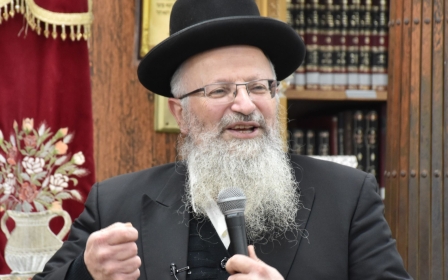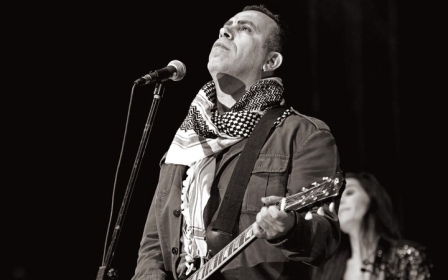Turkey earthquake: Survivors recount the night the earth shook and devastated lives
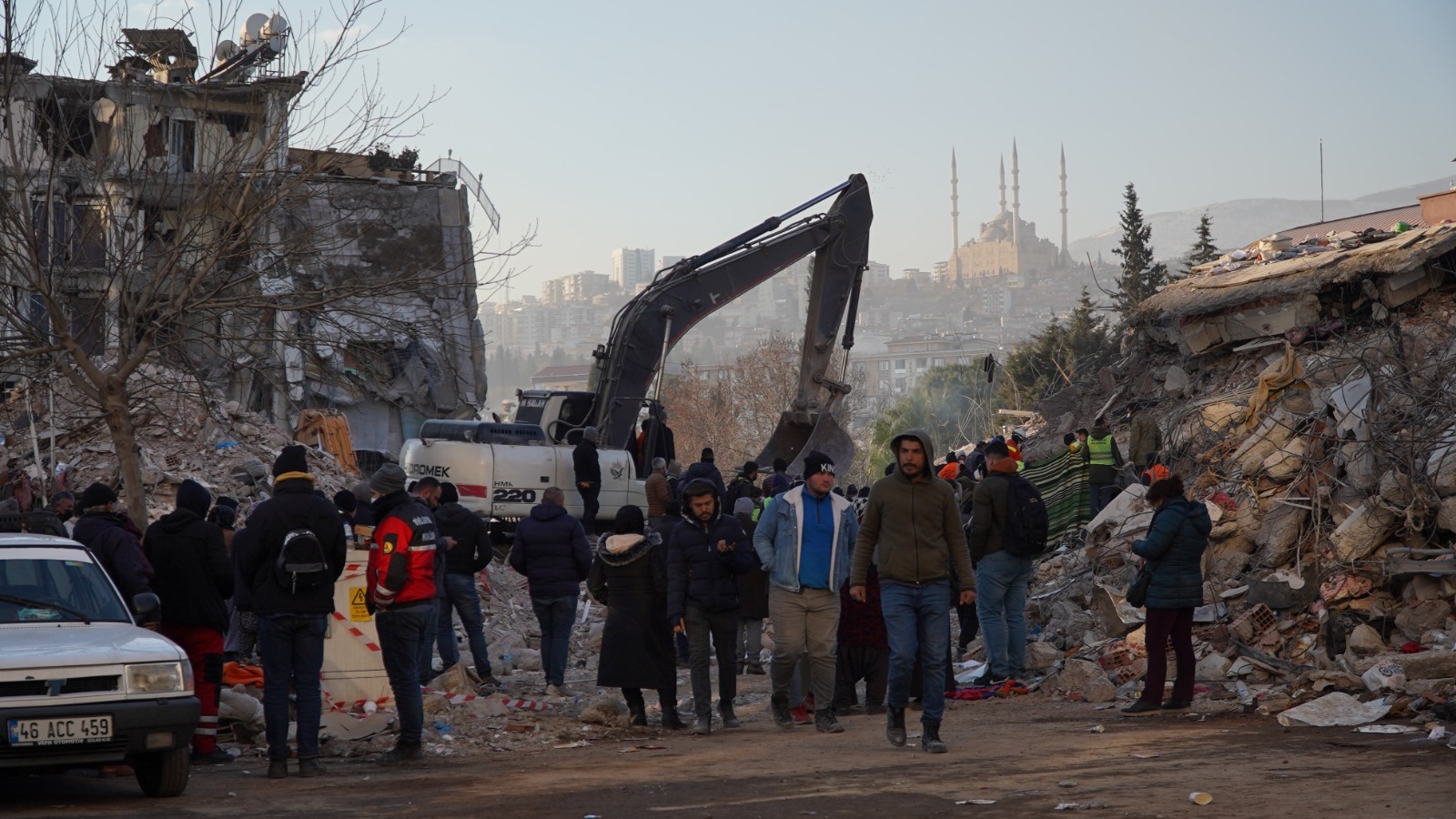
Less than a week ago, Yusuf Turan was filled with excitement for the future.
Following years of hard work, he had finally been able to secure the loans needed to open a clothing store in Gaziantep’s Nurdagi district in southern Turkey.
Visiting his parents to tell them the news, he had no way of knowing his life, family and country would soon be irrevocably changed by the deadliest earthquake to hit the region in a century.
The first quake, a 7.8 on the Richter scale, struck the city of Gaziantep on Monday morning, followed by a 7.5-magnitude earthquake in Kahramanmaras province shortly after. Much of the country has been devastated, along with parts of northern Syria, which combined have seen the death toll climb well into the tens of thousands.
Turan lost his parents, brother, sister-in-law, two nephews and his wife’s parents. His new store was also destroyed.
Hitting during the earliest hours before dawn, Turan recalled being awoken by the quake and gripping his wife tight until the shaking stopped.
“Everybody out, now!” he remembers shouting before tearing out of his house, rushing to a park situated in the hills of the town.
It was then that a neighbour told him that he was pretty sure his parents’ building had collapsed.
“I was a few minutes away from the building but felt like I ran for years to reach there. What I found out was just rubble,” Yusuf told Middle East Eye. His parents, he knew, were buried underneath it all.
Rushing to another building on the same street, Turan hoped his brother’s family had faired better, but he quickly realized that building too had collapsed under the violence of the quake. Straining to hear any glint of hope that his brother, sister-in-law and two nephews might have somehow survived, he found himself stunned by the silence.
Increasingly frantic, he went to check on his wife’s family who also lived nearby but felt lost trekking through the streets he had known all his life.
“I was where they lived, right there, but I thought I was on the wrong street or something. I couldn’t recognise it,” he said.
Finally, anguished and reeling from the shock and magnitude of the disaster, Turan found himself standing in front of the rubble that had been such a point of joy just hours earlier, his new store, flattened into a pile of twisted metal and cracked concrete.
With mounting grief washing over him, he finally cried.
“I spent more than a million lira ($53,000) on the store, but I don’t care. It wasn’t that. I am strong, I can still work and I can make money again. But what about my parents and the others? They’re lost forever,” he said.
'I have no joy left.'
Turan's story has been echoed across the south of Turkey and north of Syria as the region grapples with how to cope in the aftermath of such utter destruction.
A week after the original quake and a series of aftershocks, authorities report that more than 30,000 people have died, with some estimates predicting the final number to be double that.
'I need a drink. There is no other way... I need to blackout, to forget, to not be here'
- Police officer, Kahramanmaras
The streets around Kahramanmaras are cold and chaotic. Family members try to flag down people driving bulldozers, pleading with them to help extract the dead bodies of their relatives from indomitable piles of rubble.
Those who manage to retrieve the remains of loved ones struggle to bury relatives quickly, with concerns of disease looming as the dead linger. Grief is compounded in the urgency, as families are tasked with holding burials without the required religious rites so central to Islam and other local faiths.
The centre of Kahramanmaras, a historical city situated in the foothills of snow-capped mountains, has become completely uninhabitable. The sounds of sirens from emergency crews ring through the valley continuously, cutting through the equally perpetual dust that hangs in the air and clings to every surface.
The putrid smell of death and rot has begun to rise from the rubble, replacing any semblance of hope sought by survivors and rescue crews.
One police officer told MEE that he was desperate to find some kind of alcohol around the remains of local markets, mostly looted of supplies, wishing to drown his sorrows rather than face the reality that surrounded him.
“I can’t stand it. I have no joy left in my life now,” he said, requesting to remain anonymous given he was still technically on active duty. “I pulled my parents’ bodies out of the rubble. I’ve taken eight relatives of mine out with my bare hands. There was nobody but me and my friends."
“I need a drink,” he said standing outside one of the markets. “There is no other way that I can take this. I need to blackout, to forget, to not be here.”
The market owner, who said his name is Aslan Odabasi, offered him a few cans of beer for free.
“I have already lost everything. My apartment is okay but probably needs to be demolished. We don’t know where to stay, how to get a tent, where to go, how to apply for insurance coverage,” Odabasi lamented.
'Who will take care of me now?'
“Look,” the market owner said, pointing out his store. “They looted, took everything, even stole laundry detergents.”
Looting has been a concern that Turkish President Recep Tayyip Erdogan has vowed to clamp down on, promising that his government also planned to prosecute contractors and builders who constructed buildings that collapsed in the earthquakes across southern Turkey.
But in Kahramanmaras, people are more concerned with keeping warm.
In the freezing weather, Rustem Kutlu, 80, sat outside his tent, looking around idly. “I lost my life,” he told MEE.
“Who will take care of me now?” he asked. “I’m disabled. I can’t even go to the bathroom by myself. Everybody was helping me before. The doorman used to buy bread and eggs for me. The pharmacist used to send my pills to my home -- sometimes come and check on my health. Now, look at what I must endure at the end of my life. There’s nothing left.”
Middle East Eye delivers independent and unrivalled coverage and analysis of the Middle East, North Africa and beyond. To learn more about republishing this content and the associated fees, please fill out this form. More about MEE can be found here.


